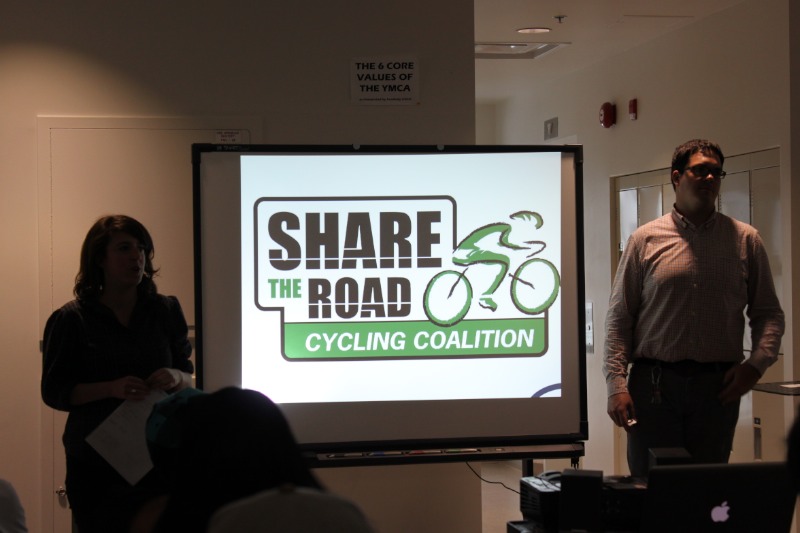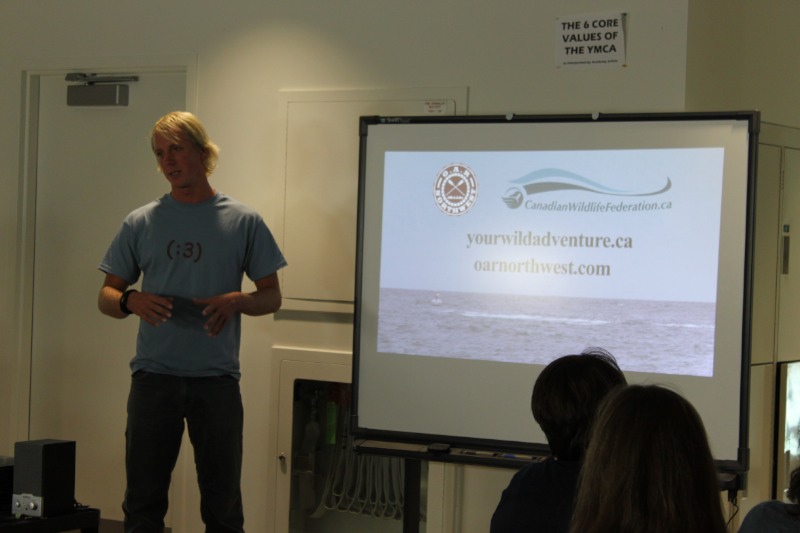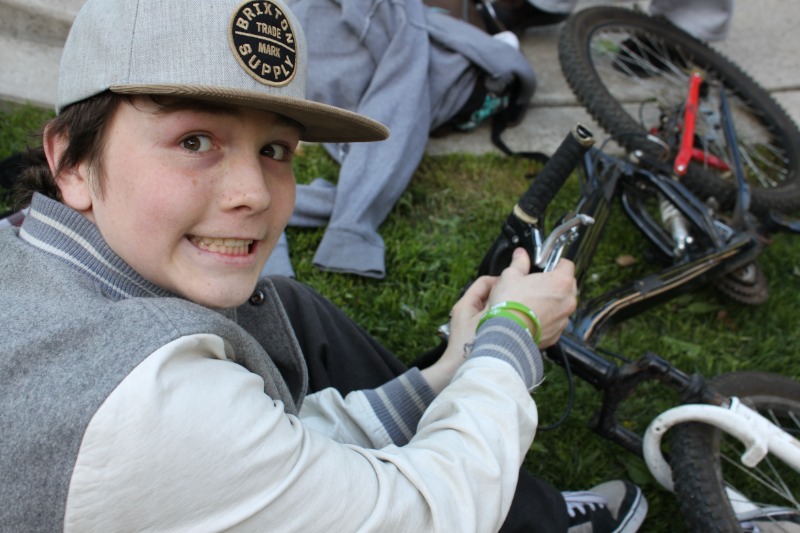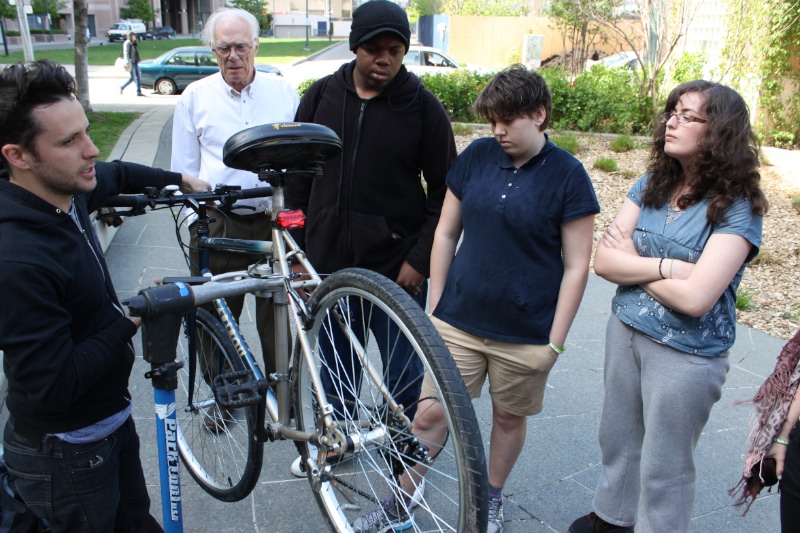Don Adams, Head of School at the YMCA Academy, contacted me about responding to his blog post, and response to the recent article by Marilyn Wedge, PhD, a family therapist based in France, and author of a recent article: “Why French Kids Don’t have ADHD.” The article tackles three key differences including: 1) the higher incidence of ADHD diagnosis in North America versus France (9% versus less than 0.5% there), 2) the belief that it is a biological-neurological disorder here but a medical condition with psycho-social and situational causes there, and 3) the much heavier use of stimulant medications here to manage impairments versus there.
As a professional certified ADHD coach working with clients across Canada and the USA, I recommend addressing the biological-neurological underpinning, plus exploring ADHD-friendly tools and strategies to help each person become the best they can be. This is our approach here. Clients who put this kind of comprehensive approach in place definitely get the best results. This includes non-judging strength-based talk elements like weekly ADHD coaching sessions, which encompasses education about this unique brain wiring. Meeting with a therapist is often an additional piece of the strategy if a client, or their child, are depressed or anxious. Emotional disruption can sometimes be the most impairing aspect of this condition.
Within that comprehensive approach, an official medical diagnosis can be very helpful, especially if we believe that this is an inherited brain development difference as we do here. Since everyone’s ADHD or ADD is a little bit different, a diagnosis tells us exactly what you or your children are dealing with. You are also able to partner with your doctor in investigating stimulant medications like Ritalin, Vyvanse and Concerta. Research shows us that stimulants help 80% to 85% of people with ADHD so they are definitely worth exploring.
One of the key differences that stimulant medication corrects is lower dopamine levels in the ADHD brain. Dopamine is a key neurotransmitter that is like a happiness chemical. It also helps with focus and attention. It gives that internal “get up and go” feeling that that non-ADHD people have in abundance. This ADHD difference is seen on some tasks, but not all. When a person with ADHD is working in an area of interest or natural talent or strength, he or she will be able to focus, no problem. He or she may even go into hyper-focus, and have difficulty switching out of the task because he or she is enjoying themselves so much!
Stimulant medication helps when a person with ADHD is struggling with a task they find boring or uninteresting or under-stimulating. Or when that same person is struggling at performing an intellectually challenging task that is causing external psychological pressure or stress. This is when the Pre-Frontal Cortex (PFC) of the ADHD brain — which is like the steering wheel or CEO of the brain — will naturally and involuntarily shut down. (The PFC provides direction, concentration, impulse control, critical thinking and prioritization, for example.) For undiagnosed and unmedicated ADHD, the situation is exacerbated. The shutdown is a can’t versus a won’t. The more the person tries, the worse the feeling gets. For people without ADHD, there is no PFC shutdown in similar circumstances. For those taking medication, there is consistently improved PFC performance, along with consistently boosted dopamine levels.
This was proven in a landmark 10 year PET scan study – a type of radiologic imaging – done by Dr. Zametkin at the National Institute of Mental Health (NIMH). His PET scan studies showed these consistent neurological differences between the Pre-Frontal Cortex (PFC) of ADHD brains and non-ADHD brains. His study also proved that medications, like Ritalin, did not harm brain growth, but enhanced it.
Dr. Zametkin’s study is one of thousands of studies that have been done that prove that ADHD is a real neurobiological difference. Our view in Canada and the USA is that there is documented scientific proof that ADHD exists from numerous reputable health care organizations. There are more than 6,000 studies, with 1,000 published in the last 10 years alone that ADHD is a real biological-neurological disorder. Dr. Marilyn Wedge represents a view in France which is antithetical to that.
In North America, we believe that multiple genes related to brain development are the driving factor. ADHD is not caused by environmental factors like bad parents, playing video games, watching TV or a poor diet. (A poor diet can make the impairments worse, but does not cause ADHD.) Our position is that we have to stop telling parents they have done something wrong, and blame them or their child, as so often happens. Instead, we know that ADHD is highly inheritable. 15% to 40% of parents with ADHD children have it themselves compared to 3% to 7% in the general population.
For those people who are uninterested in exploring medications, there are some natural strategies to boost dopamine, and brain function.
1) 30 minutes of aerobic exercise can provide 2 hours of extra focus time as exercise naturally increases dopamine. (Medication, plus exercise, definitely gets the best results though.)
2) Coffee increases dopamine, and is another kind of related “stimulant.” Moderate consumption of coffee like 1 to 3 cups a day is recommended. But not too late in the day or you won’t sleep, which is also very important.
3) Eating an ADHD-friendly diet, including 20 grams of protein for breakfast to get the brain turned on for the day can help with focus — although this does not boost dopamine, as far as I know.
4) If you want your PFC to be in peak form, at least 8 and a quarter hours of sleep is needed for the brain to naturally restore and reboot itself.
These are some other pieces of a comprehensive support strategy that definitely help too.
I agree with Don Adams then that comprehensive interventions including medications as one piece are critical in helping young people with ADHD experience both success at school, and then later, reach their goals and dreams in life. It can also help to send your son or daughter to a school such as the YMCA Academy. This is a school where young people with neurological differences are truly embraced. They are taught with compassion and understanding. Finding an extraordinary school like this is another important piece of that comprehensive strategy. I speak as a parent who has sent one of my sons to the YMCA Academy. I have found an exceptional community of dedicated professionals who truly believe in the wonderful uniqueness of each, and every one of their students. That is incredibly important too.
Ann Clarkson




